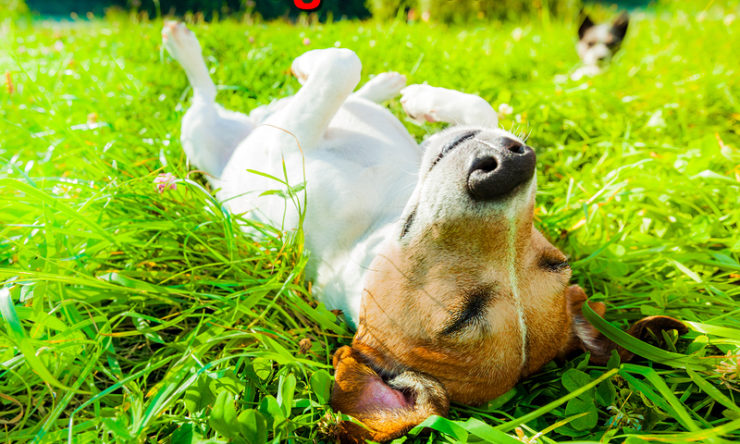Leading researchers and animal behaviorists believe that dogs indeed dream, just like we do. If anything, there’s no doubt that you may have noticed your dog quivering, twitching, growling or even snap while fast asleep. Let’s look into this, shall we?
Shedding Some Crucial Light at the Dogs Brain
At the most basic level, a dog’s brain is almost similar to that of a man ( and by man I mean human beings ). Therefore, during sleep, the brainwave patterns of your canine friend are almost similar to a man’s and technically, elicit the same neurological stages of electrical activity that is observed in most people. This makes the theory that dogs dream while asleep very feasible from both a physiological and psychological standpoint.
There’s Proof that Less Intelligent and Mentally Developed Animals also Dream
Recent evidence points towards the possibility that animals such as rats ( which are evolutionary less developed, complex and intelligent than dogs ) also dream. A scientific observation suggests that the brains of these rodents function in a manner that suggests beyond reasonable doubt that they dream while asleep. Now, since a dog’s brain is more complex ( and has more electrical neurons ) than a rat’s it is possible that based on this fact alone, that dogs also dream while asleep. Besides, remember that we mostly dream or fantasize about the things we do during the day. Similarly, dogs will relive their memories or activities that they may have encountered during the day in their dreamy expeditions. No wonder a dog will whimper or bark in their sleep.
How Often Does my Dog Dream at Night or while Asleep?
Now that we’ve singled out that your barking buddy will once-in-a-while get lost in limbo while in a dream, the next question by most pet owners is, how often or for how does he dream? Well, two factors here: When it comes to dreams and dogs, the rule appears to be the bigger the dog, the less they dream. Smaller dogs such as the Chihuahuas will dream for longer and more frequent per sleeping session than larger dogs such as bulldogs and terriers. Further research into this will reveal that seniours and puppies tend to dream more than middle-aged canines.
Let the Sleeping Dogs Lie
It is important not to distract your dog or attempt to wake him up when you see him whimpering or barking in his sleep. During this time, he is most likely in his REM stage, and any sudden movement can be startling, to say the least.
SOURCES: Psychology Today, Live Science, AKC
COPYRIGHT: Local Value



